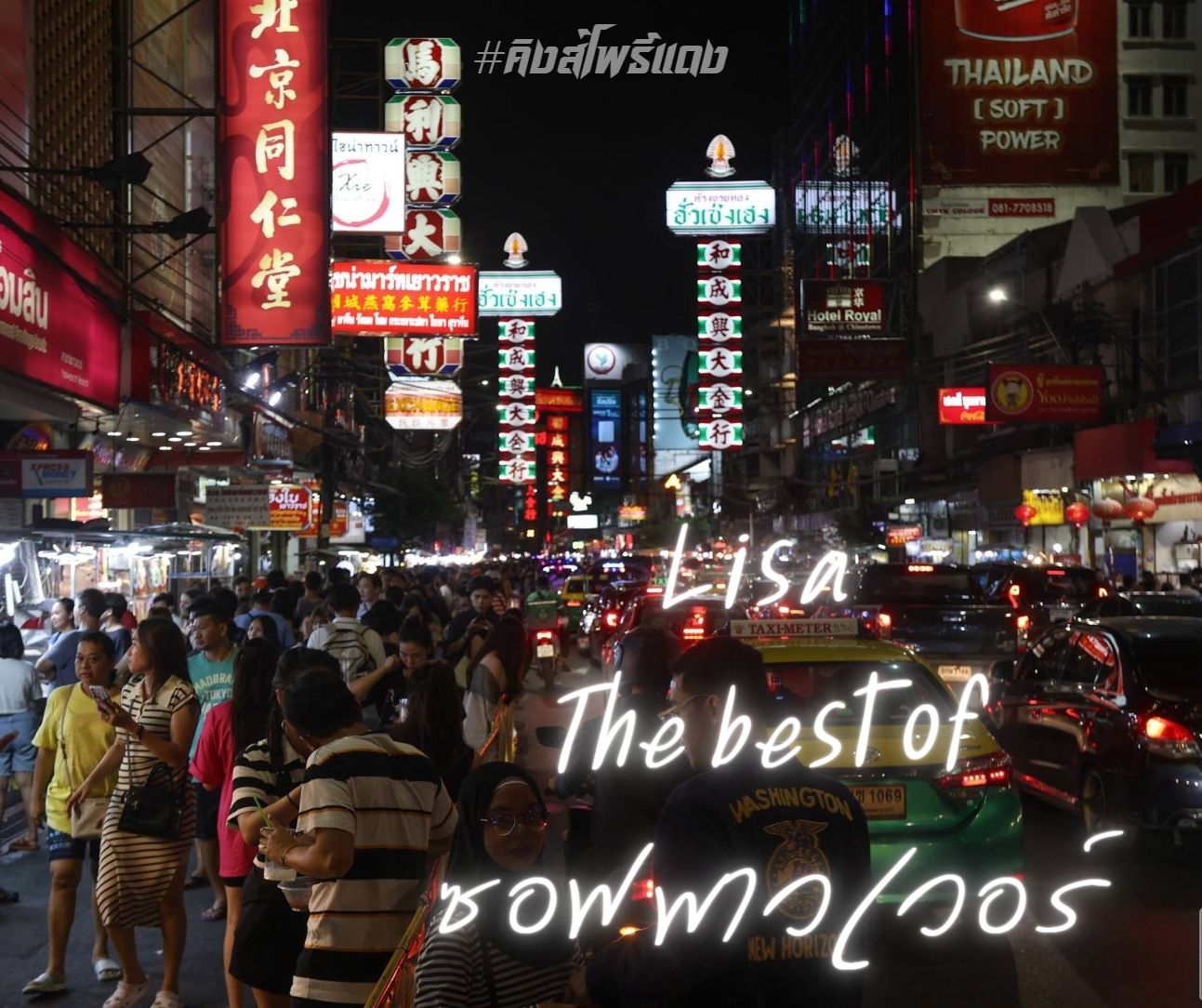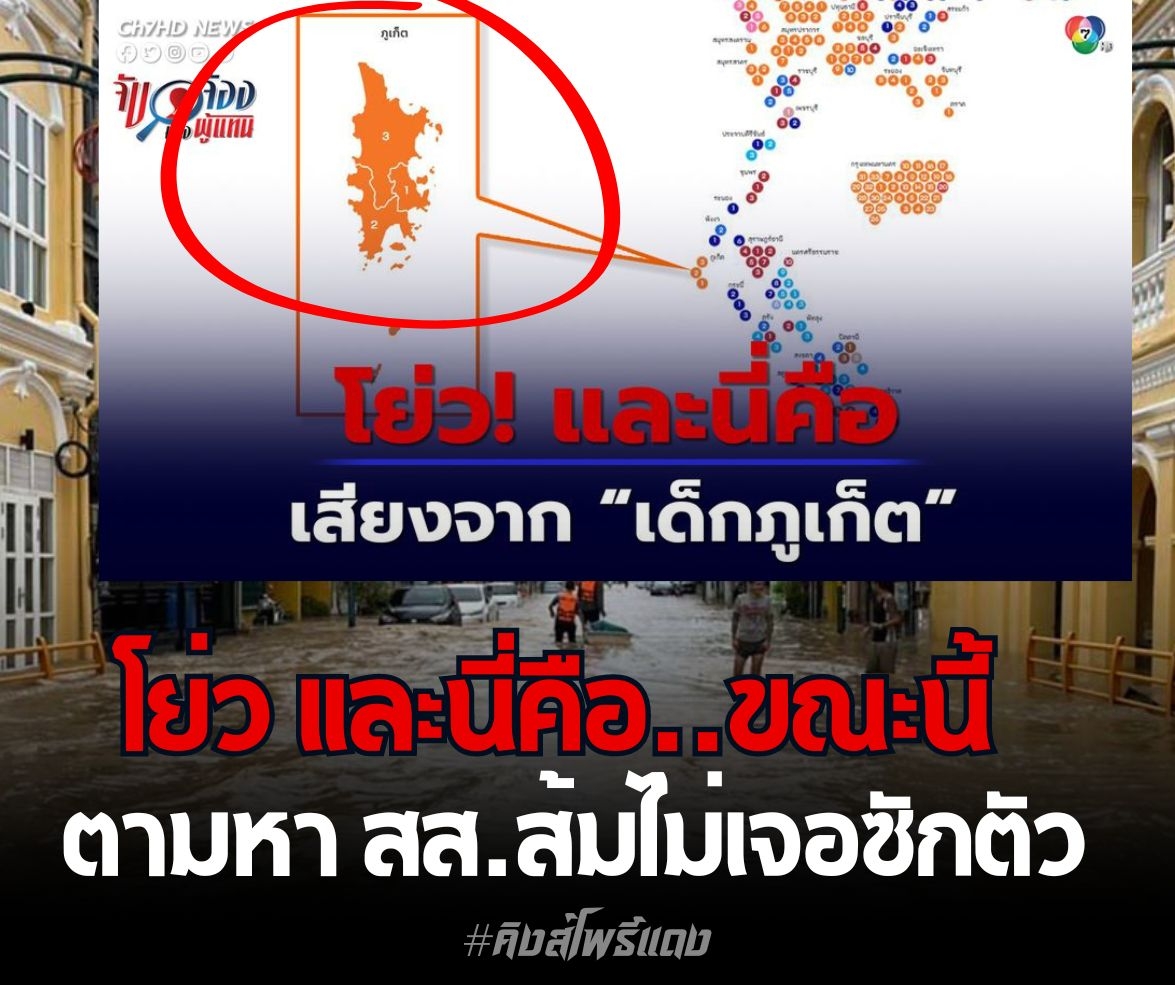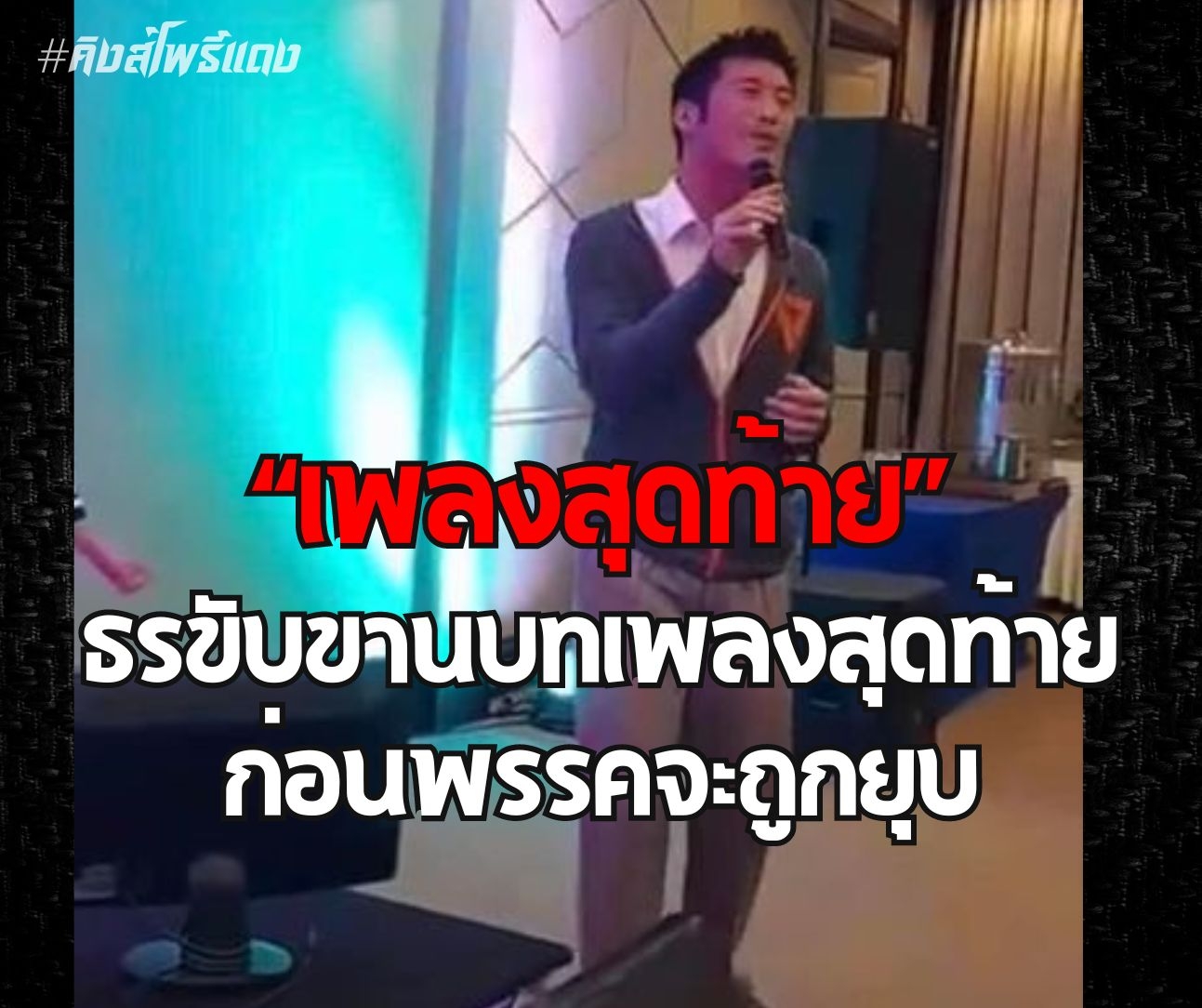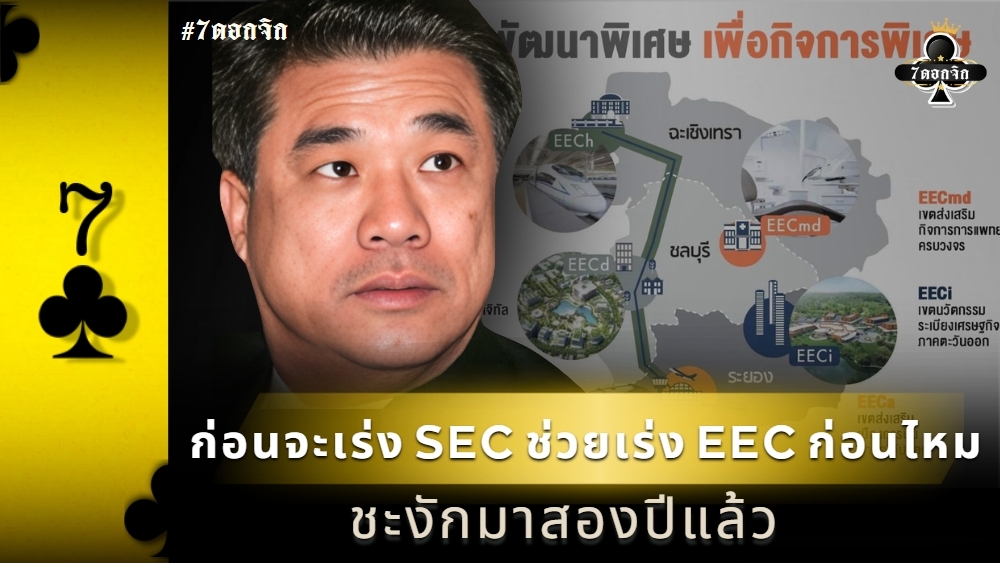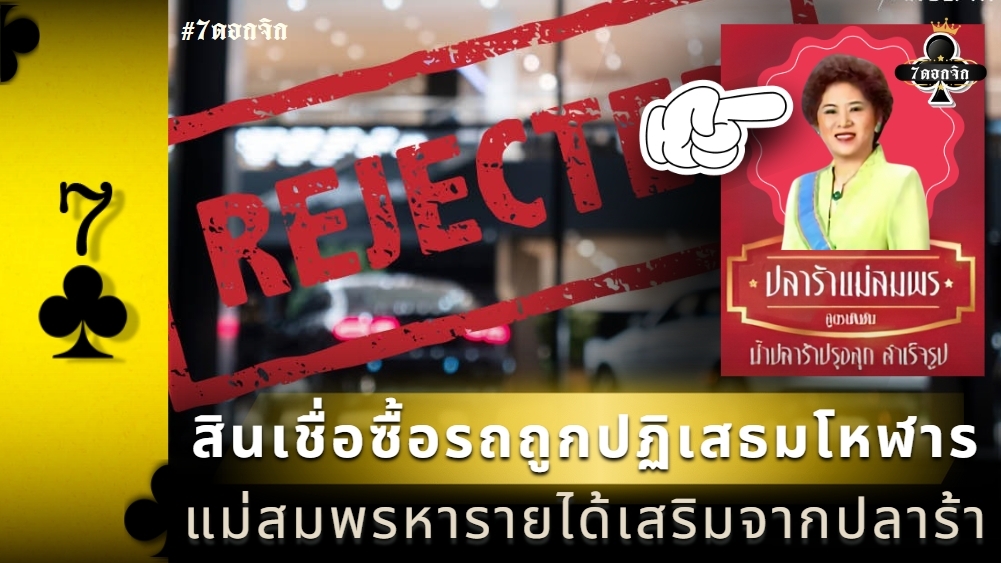อาการหนัก
ปากกล้า ขาสั่น ปากลั่นยิ่งยุบยิ่งโต แต่ขอศาลเลื่อนแล้วเลื่อนอีก
รีบสร้างหนังส้งทรีน หวังปั่นกระแสให้เหล็กๆออกมาเปลืองตัวปกป้อง
ใกล้ถึงวันฟังคำตัดสิน ยิ่งดิ้นเฮือกสุดท้าย หวังไลฟ์สดกระชากเรตติ้ง
เจี๊ยบก็โพสเวิ่นแต่เช้า เดี๋ยนไม่สนิทกับบุ้งนะ
ช่วงนี้ก็ปล่อยให้แต่ละตัวแสดงให้เต็มที่
หลัง กวิ้น รุ้ง ไมค์ หนีตุยไปแล้ว
พวกนี้ก็ระส่ำสิครับ เก็บอาการไม่อยู่
เพราะช่วงนี้ กรรมทำงานไวมาก
#คิงส์โพธิ์แดง
#ปากกล้าขาสั่น
ปากกล้า ขาสั่น ปากลั่นยิ่งยุบยิ่งโต แต่ขอศาลเลื่อนแล้วเลื่อนอีก
รีบสร้างหนังส้งทรีน หวังปั่นกระแสให้เหล็กๆออกมาเปลืองตัวปกป้อง
ใกล้ถึงวันฟังคำตัดสิน ยิ่งดิ้นเฮือกสุดท้าย หวังไลฟ์สดกระชากเรตติ้ง
เจี๊ยบก็โพสเวิ่นแต่เช้า เดี๋ยนไม่สนิทกับบุ้งนะ
ช่วงนี้ก็ปล่อยให้แต่ละตัวแสดงให้เต็มที่
หลัง กวิ้น รุ้ง ไมค์ หนีตุยไปแล้ว
พวกนี้ก็ระส่ำสิครับ เก็บอาการไม่อยู่
เพราะช่วงนี้ กรรมทำงานไวมาก
#คิงส์โพธิ์แดง
#ปากกล้าขาสั่น
อาการหนัก
ปากกล้า ขาสั่น ปากลั่นยิ่งยุบยิ่งโต แต่ขอศาลเลื่อนแล้วเลื่อนอีก
รีบสร้างหนังส้งทรีน หวังปั่นกระแสให้เหล็กๆออกมาเปลืองตัวปกป้อง
ใกล้ถึงวันฟังคำตัดสิน ยิ่งดิ้นเฮือกสุดท้าย หวังไลฟ์สดกระชากเรตติ้ง
เจี๊ยบก็โพสเวิ่นแต่เช้า เดี๋ยนไม่สนิทกับบุ้งนะ
ช่วงนี้ก็ปล่อยให้แต่ละตัวแสดงให้เต็มที่
หลัง กวิ้น รุ้ง ไมค์ หนีตุยไปแล้ว
พวกนี้ก็ระส่ำสิครับ เก็บอาการไม่อยู่
เพราะช่วงนี้ กรรมทำงานไวมาก
#คิงส์โพธิ์แดง
#ปากกล้าขาสั่น
0 Comments
0 Shares
987 Views
0 Reviews





